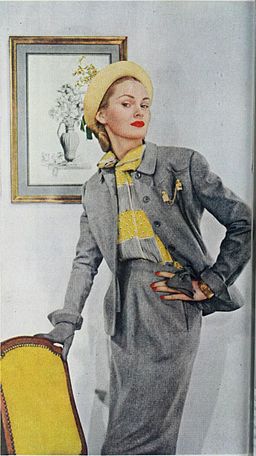A Matter of Formality: How Dress Code Can Impact Customer Behavior

How an individual dresses can be quite revealing about their personality and how they would like to be perceived, but there is more to be said on the effect of dress style beyond first impressions. Customer experience and behavior, for instance, can be significantly impacted by the dress style of other customers around them. In their article, “The Effects of Other Customers’ Dress Style on Customer’s Approach Behaviors: The Moderating Role of Sense of Power,” published in Cornell Hospitality Quarterly, Choongbeom Choi of University of Nevada, Las Vegas and Anna S. Mattila of Pennsylvania State University explore how a customer’s sense of power can change depending upon the dress style of others, particularly in formal situations. For some businesses, enforcing a dress code could have the positive effect of encouraging customers with low sense of power to engage in word-of-mouth behaviors.
The abstract:
Most hospitality services are delivered in the same location in which they are produced, and, thus, their delivery involves the presence of other customers. Yet, the role of other customers’ physical appearances in influencing service encounter evaluations has received scant attention. Moreover, previous research shows that consumers with a low sense of power are motivated to seek status by engaging in conspicuous consumption. The current study examines the joint impact of other customers’ dress styles and the observer’s sense of power in influencing customers’ approach
behaviors (e.g., willingness to stay longer in a restaurant, interact with other customers). The results from our experiment show that customers’ approach behaviors among observers with a low sense of power were significantly higher when other customers’ dress styles were formal rather than informal. Conversely, the effect of other customers’ dress styles was minimal among observers with a high sense of power. Results from this study indicate that approach behaviors mediate the impact of other customers’ dress styles on word-of-mouth intentions among customers with a low sense of power. The findings of this study help hospitality operators use dress codes to their advantage.
You can read “The Effects of Other Customers’ Dress Style on Customer’s Approach Behaviors: The Moderating Role of Sense of Power” from Cornell Hospitality Quarterly by clicking here. Want to know all about the latest research from Cornell Hospitality Quarterly? Click here to sign up for e-alerts!



























































































